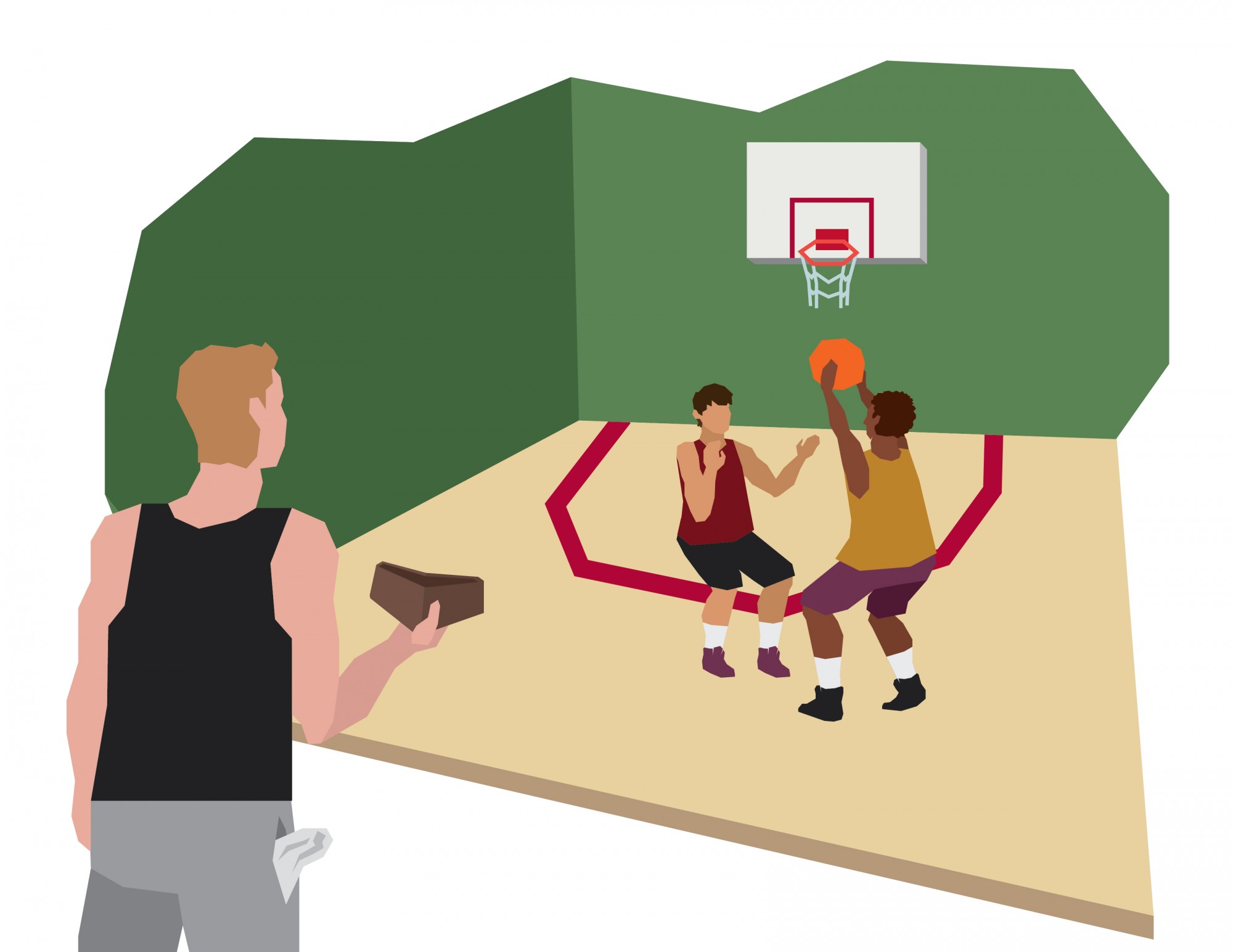When applied economics graduate student Ivan Glinski decided to form an intramural soccer team for his department, he found out that two of his teammates were ineligible to play.
In order to play intramural sports at the University of Minnesota, students must pay the Student Services Fee, a rule which the Council of Graduate Students is looking to change.
The issue Glinski’s team ran into was that some of the graduate students who wanted to be a part of the team are advanced status students. To have “advanced status,” masters or doctorate students must have finished their coursework but still be working full time on finishing their thesis or dissertation. Since advanced status students do not pay the Student Services Fee, they are unable to use the Recreation and Wellness Center or participate in an intramural sport without buying a semester or half-semester membership. For the fall, a half-semester membership costs $95.
Earlier this month, COGS passed a resolution requesting the Office for Student Affairs to change the eligibility, allowing non-fee-paying graduate students to play intramural sports.
COGS representative Andrew Keller, who hopes to become an advanced status graduate student in the future, said that in many graduate programs, building camaraderie with fellow students is important. Intramural sports is a way graduate students can form connections outside the classroom or lab. If some students cannot play, it hurts the overall experience, he said.
“Not only are you in the class with all applied economics people, all of the time, you’re also in the class with the same cohort,” Keller said. “As a fees paying student, it diminishes [our] experience when we can’t have our advanced status cohort join us … it’s almost like a family.”
The proposal is still under consideration from the Office for Student Affairs, according to OSA spokesperson Steve Henneberry.
“OSA and RecWell appreciate students bringing forward this issue. We are gathering additional information and actively exploring the best way to respond to the resolution. Once that is determined, we will follow up directly with COGS,” Henneberry wrote in an email.
Glinski said he hopes the eligibility will be changed in the future to allow all graduate students to participate in intramural activities.
“As we continue this team in the future … as our cohort also goes into later stages or other people go into advanced status, we want to still have the opportunity for them to keep playing with us,” Glinski said.
Applied economics student Lyle Anderson, who played on Glinski’s team, said even though they did not win a lot, he still had a great experience and would play again.
“I think we just want to make sure that kind of opportunity is available as fairly as possible to whoever would want to have that kind of opportunity,” Anderson said.








